Introduction
In the tapestry of human civilization, few threads are as vital and enduring as agriculture. As the backbone of our societies, agriculture has evolved significantly, propelled by technological advancements and a growing interest in sustainable living. For entrepreneurs and affiliate marketers, the agriculture industry offers a fertile ground of opportunities. This comprehensive guide delves into the expansive world of agriculture, shedding light on its potential as a thriving business niche. By embracing this sector, you can tap into a market that not only feeds the world but also nurtures innovation and sustainability.
Understanding the Agriculture Industry
The agriculture industry is a dynamic and multifaceted sector, fundamental to our survival and well-being. It encompasses a wide range of practices, each contributing uniquely to the global food supply. A profound understanding of this industry is crucial for positioning yourself as a knowledgeable source and providing valuable insights to your audience.
Traditional Farming
Traditional farming methods have sustained humanity for centuries. These practices, deeply rooted in cultural heritage, involve the cultivation of crops and the rearing of livestock using natural resources like soil, water, and sunlight. Traditional farming emphasizes the symbiotic relationship between humans and the land, fostering a profound respect for nature’s rhythms and cycles.
Hydroponics
In recent years, hydroponics has emerged as a revolutionary technique in agriculture. This method involves growing plants in nutrient-rich water, eliminating the need for soil. Hydroponics offers numerous advantages, including efficient water usage, higher crop yields, and faster growth rates. This technique is particularly beneficial in urban areas with limited land, allowing for the cultivation of fresh produce in vertical farms or indoor environments.
Aquaponics
Aquaponics combines aquaculture (fish farming) with hydroponics, creating a symbiotic system where fish waste provides nutrients for plants, and plants help purify the water. This innovative approach maximizes resource efficiency, minimizes waste, and offers a sustainable solution for food production. Aquaponics systems can be implemented on various scales, from small backyard setups to large commercial operations, providing multiple income streams.
Vertical Farming
Vertical farming represents a paradigm shift in agriculture, utilizing stacked layers to grow crops in controlled indoor environments. This method employs technologies like artificial lighting and climate control to optimize crop production year-round. Vertical farming reduces water usage and pesticide reliance, making it an ideal solution for urban settings and regions with harsh climates. By minimizing the need for arable land, vertical farming contributes to food security and sustainability.
Permaculture
Permaculture is a holistic approach to agriculture that integrates natural ecosystems into farming practices. This method emphasizes sustainability, self-sufficiency, and biodiversity. Permaculture involves designing agricultural systems that mimic natural patterns, promoting soil health, water conservation, and community resilience. By adopting permaculture principles, farmers can create regenerative systems that enhance long-term sustainability and ecological balance.
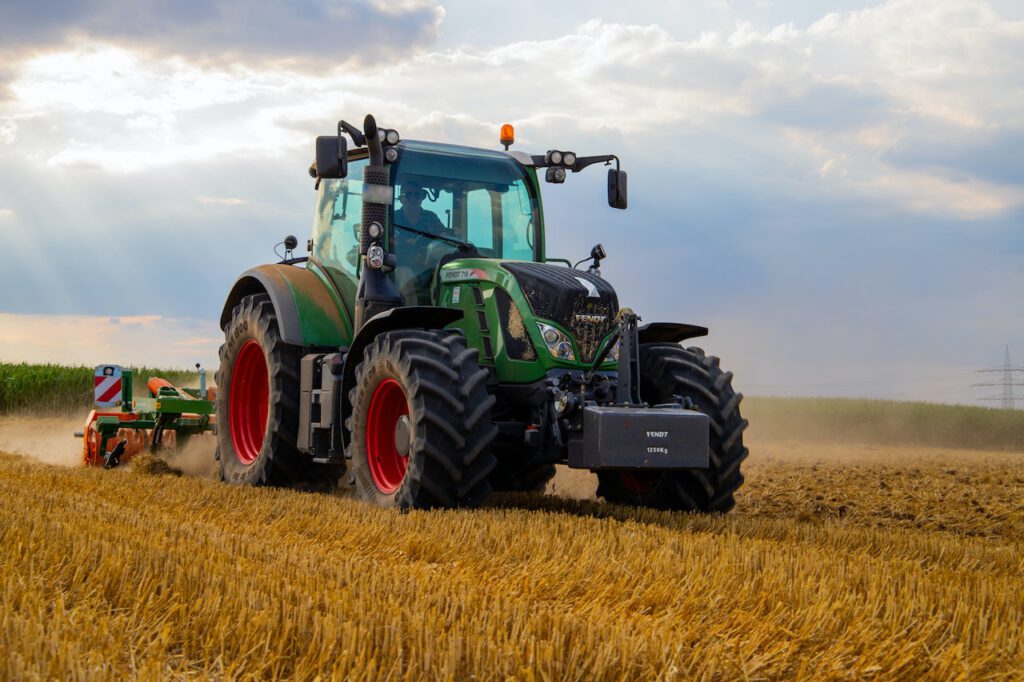

Diverse Agricultural Practices
The agricultural industry is a rich mosaic of traditional wisdom and cutting-edge innovation. Exploring this diversity reveals the depth of knowledge and creativity that drives global food production. Each method has its unique benefits, challenges, and contributions to sustainable agriculture.
Traditional Farming
Traditional farming methods remain foundational to agriculture, preserving cultural heritage and fostering a deep connection with the land. These practices involve the cultivation of crops and the rearing of livestock in open fields, harnessing natural resources like soil, water, and sunlight. Traditional farming methods are passed down through generations, embodying a wealth of knowledge and experience.
Hydroponics
Hydroponics is a soil-free growing technique that uses nutrient-rich water to nourish plants. This method offers several advantages, including efficient water usage, higher crop yields, and faster growth rates. Hydroponics is particularly useful in urban environments and areas with limited arable land, allowing for the cultivation of fresh produce in vertical farms or indoor settings.
Aquaponics
Aquaponics combines fish farming with hydroponics, creating a symbiotic system where fish waste provides nutrients for plants, and plants help purify the water. This innovative approach maximizes resource efficiency, minimizes waste, and offers a sustainable solution for food production. Aquaponics systems can be implemented on various scales, from small backyard setups to large commercial operations, providing multiple income streams.
Vertical Farming
Vertical farming utilizes stacked layers to grow crops in controlled indoor environments. This method employs technologies like artificial lighting and climate control to optimize crop production year-round. Vertical farming reduces water usage and pesticide reliance, making it an ideal solution for urban settings and regions with harsh climates. By minimizing the need for arable land, vertical farming contributes to food security and sustainability.
Permaculture
Permaculture integrates natural ecosystems into farming practices, emphasizing sustainability, self-sufficiency, and biodiversity. This method involves designing agricultural systems that mimic natural patterns, promoting soil health, water conservation, and community resilience. By adopting permaculture principles, farmers can create regenerative systems that enhance long-term sustainability and ecological balance.
Sustainable Agriculture
Agriculture, as the foundation of our global food system, has a profound impact on our planet, economy, and well-being. Sustainable farming techniques are essential to meet the challenges of feeding a growing population while preserving natural resources. Emphasizing practices like organic farming, regenerative agriculture, and precision agriculture can cultivate a resilient agricultural landscape that benefits both the environment and human health.
Organic Farming
Organic farming prioritizes natural and renewable resources, minimizing synthetic inputs. By avoiding synthetic pesticides, fertilizers, and genetically modified organisms, organic farmers work in harmony with nature to maintain soil fertility, promote biodiversity, and protect ecosystems. Organic farming methods include crop rotation, composting, and biological pest control, producing nutrient-dense, chemical-free food. Organic farming reduces environmental impact, mitigates soil erosion, protects water quality, and supports consumer well-being by providing wholesome, pesticide-free produce.
Regenerative Agriculture
Regenerative agriculture goes beyond sustainability by actively restoring and enhancing the health of agricultural ecosystems. This holistic approach includes practices like cover cropping, crop rotation, agroforestry, and managed grazing to improve soil structure, enhance water retention, and reduce synthetic inputs. Regenerative agriculture contributes to carbon sequestration, mitigating climate change and building resilience against extreme weather events. Additionally, it supports the conservation of natural resources, promotes wildlife habitats, and enhances overall farming sustainability.
Precision Agriculture
Precision agriculture uses advanced technologies to optimize resource allocation, increase efficiency, and minimize waste in agricultural operations. Tools like satellite imagery, drones, sensors, and GPS allow farmers to monitor and manage soil moisture, nutrient levels, and pest infestations accurately. Precision agriculture enables targeted application of water, fertilizers, and pesticides, reducing environmental impact and maximizing crop yield. This data-driven approach empowers farmers to make informed decisions, enhance resource efficiency, and minimize input use, contributing to sustainable farming practices.
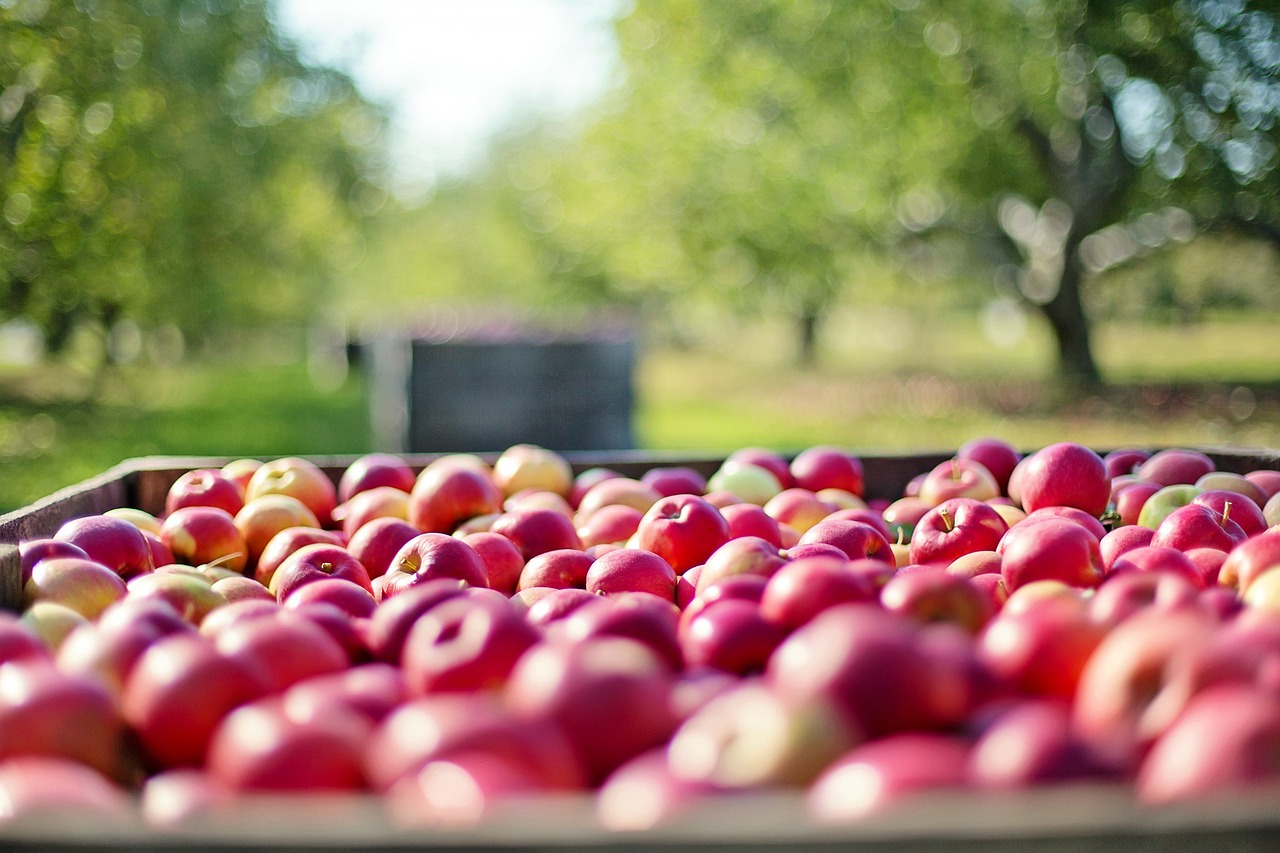
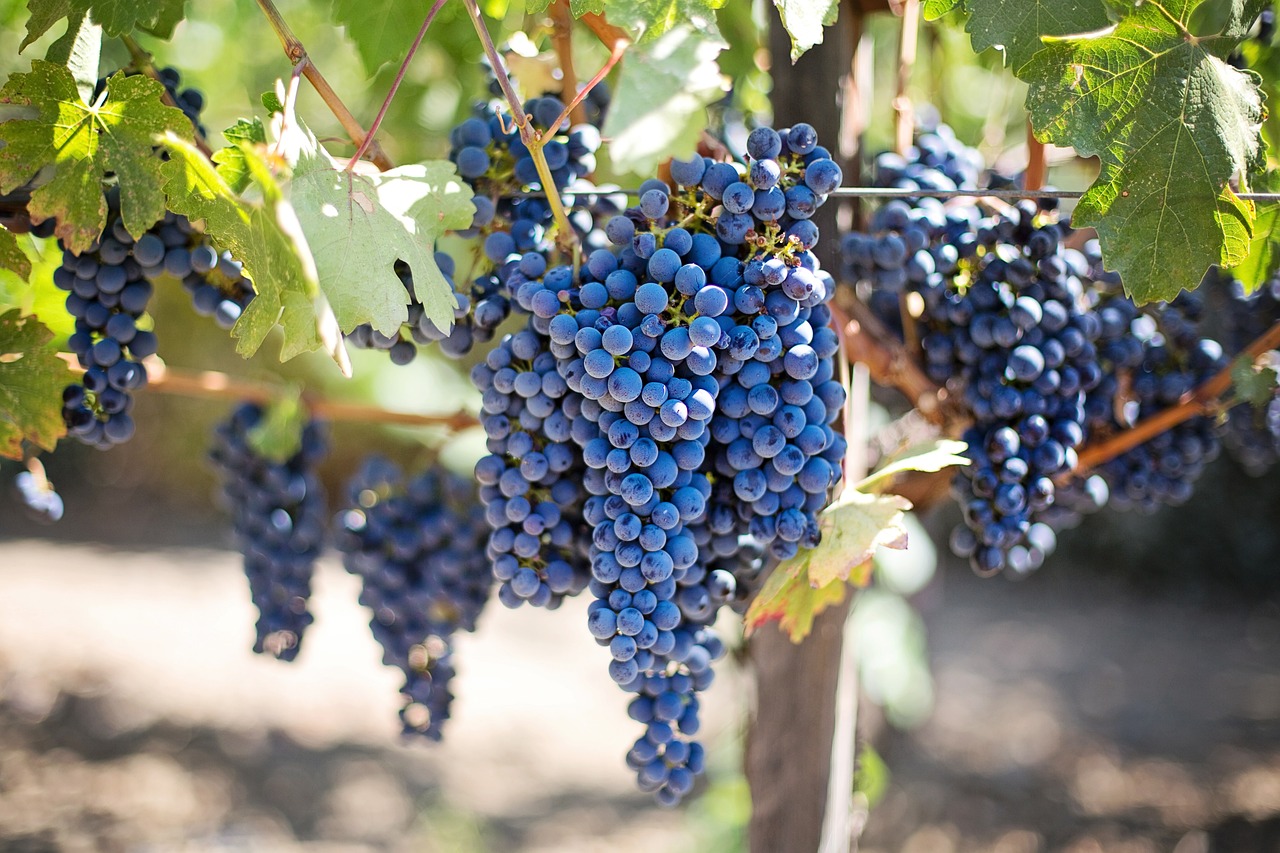
The Business Potential in Agriculture
The agriculture industry offers vast opportunities for entrepreneurs. By leveraging innovative technologies and sustainable practices, businesses can tap into the growing demand for organic, locally sourced, and sustainably produced food. Here are some key areas where entrepreneurs can thrive in the agriculture sector:
Farm-to-Table Ventures
The farm-to-table movement emphasizes locally sourced and sustainably produced food. Entrepreneurs can capitalize on this trend by establishing direct connections between farmers and consumers. This can involve setting up farmers’ markets, farm shops, or subscription services that deliver fresh produce directly to consumers’ doorsteps. Farm-to-table ventures not only support local farmers but also provide consumers with high-quality, fresh, and nutritious food.
Organic Farming
The demand for organic products continues to rise as consumers become more health-conscious and environmentally aware. Entrepreneurs can start organic farms that produce fruits, vegetables, herbs, and even organic livestock products. By adhering to organic farming principles, businesses can cater to a growing market segment that prioritizes health and sustainability.
Urban Agriculture
Urban agriculture involves growing food in urban environments, often using innovative techniques like hydroponics, aquaponics, and vertical farming. This approach can address food deserts, reduce food miles, and provide fresh produce to urban communities. Entrepreneurs can establish urban farms, rooftop gardens, or community-supported agriculture (CSA) programs to bring fresh food closer to consumers.
Agri-Tech Solutions
The integration of technology in agriculture, known as agri-tech, is revolutionizing the industry. Entrepreneurs can develop or invest in technologies that improve agricultural productivity, efficiency, and sustainability. This can include precision farming tools, automated irrigation systems, crop monitoring drones, and data analytics platforms. Agri-tech solutions can help farmers optimize resource use, reduce costs, and increase yields.
Sustainable Livestock Farming
Sustainable livestock farming focuses on animal welfare, environmental stewardship, and efficient resource use. Entrepreneurs can establish farms that raise animals humanely, use regenerative grazing practices, and produce high-quality, ethically sourced meat and dairy products. Sustainable livestock farming can appeal to consumers who prioritize animal welfare and environmental sustainability.
Agri-Tourism
Agri-tourism combines agriculture and tourism, offering visitors the opportunity to experience farm life, participate in farming activities, and enjoy rural landscapes. Entrepreneurs can create agri-tourism destinations that offer farm stays, educational tours, farm-to-table dining experiences, and recreational activities. Agri-tourism can provide additional income streams for farmers and promote awareness of sustainable agriculture practices.
Marketing Strategies for Agricultural Businesses
Effective marketing is essential for the success of any agricultural business. Here are some strategies to help entrepreneurs promote their products and services:
Storytelling
Use storytelling to connect with your audience on an emotional level. Share the story behind your farm, the sustainable practices you use, and the benefits of your products. Highlight the passion and dedication that goes into producing high-quality food. Authentic storytelling can build trust and loyalty among consumers.
Digital Marketing
Leverage digital marketing tools to reach a broader audience. Create a user-friendly website, maintain active social media profiles, and use email marketing to keep customers informed about new products, promotions, and events. Utilize search engine optimization (SEO) techniques to improve your online visibility and attract organic traffic.
Community Engagement
Engage with your local community through farmers’ markets, workshops, farm tours, and community events. Building strong relationships with local consumers can create a loyal customer base and generate word-of-mouth referrals. Community engagement also provides opportunities for education and advocacy on sustainable agriculture practices.
Partnerships and Collaborations
Form partnerships with local businesses, restaurants, and retailers to expand your reach and create new opportunities. Collaborate with chefs to showcase your products in farm-to-table dining experiences or partner with local grocery stores to stock your organic produce. Collaborations can enhance your brand visibility and create mutually beneficial relationships.
Certifications and Labels
Obtain certifications and labels that highlight the sustainability and quality of your products. Organic certification, Fair Trade certification, and other eco-labels can differentiate your products in the market and attract conscious consumers. Clearly display these certifications on your packaging and marketing materials to build credibility and trust.
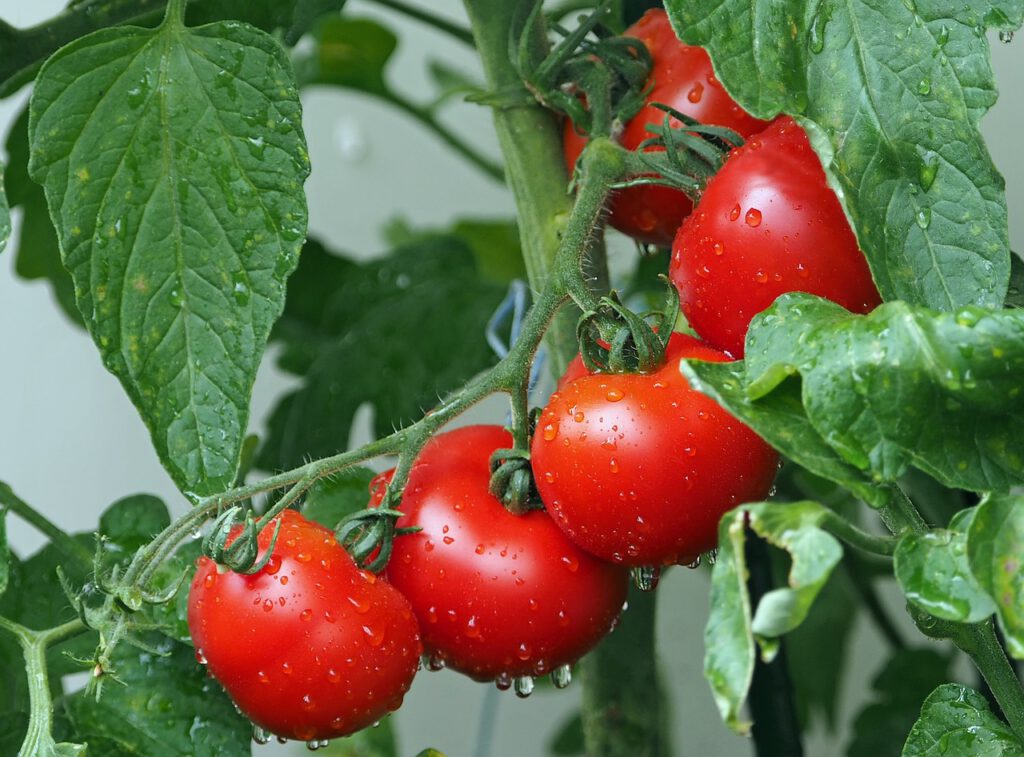
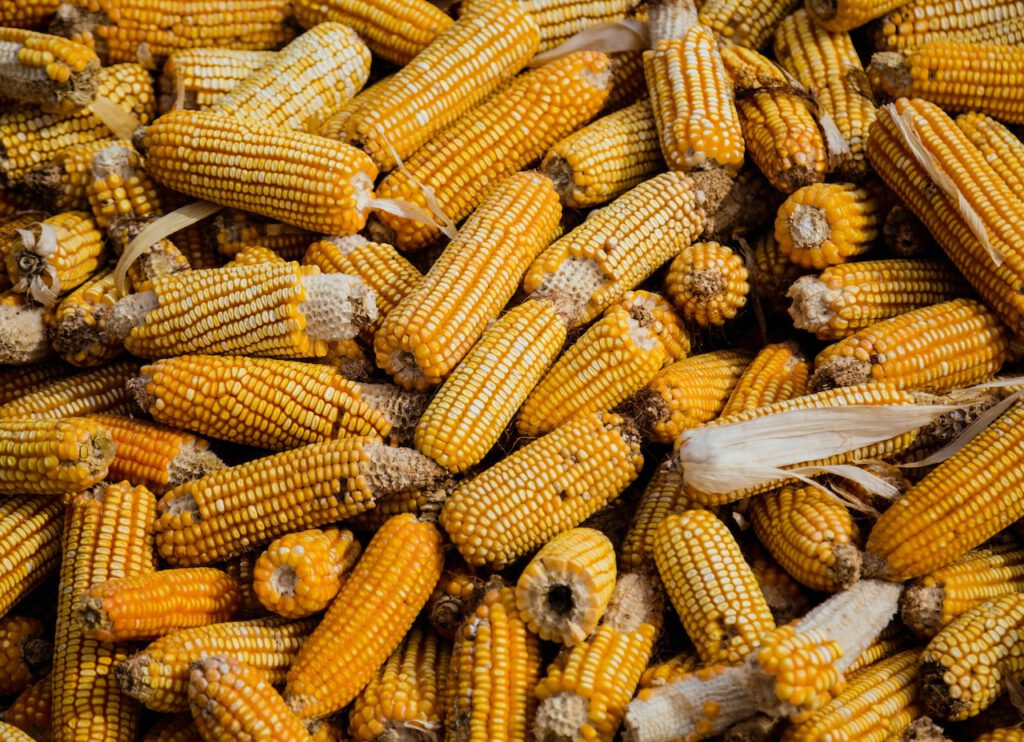
Conclusion
The agriculture industry is a vibrant and diverse sector with immense potential for entrepreneurs and affiliate marketers. By understanding the various agricultural practices, embracing sustainable farming techniques, and leveraging innovative technologies, businesses can thrive in this dynamic market. Agriculture not only offers economic opportunities but also plays a crucial role in feeding the world, preserving natural resources, and promoting sustainable living.
As you venture into the agriculture industry, remember that success comes from a deep understanding of the land, a commitment to sustainability, and a passion for innovation. By sharing your knowledge and insights with your audience, you can inspire positive change and contribute to a resilient and thriving agricultural future. Embrace the power of agriculture as a business opportunity, and let your entrepreneurial spirit cultivate growth, sustainability, and prosperity.
